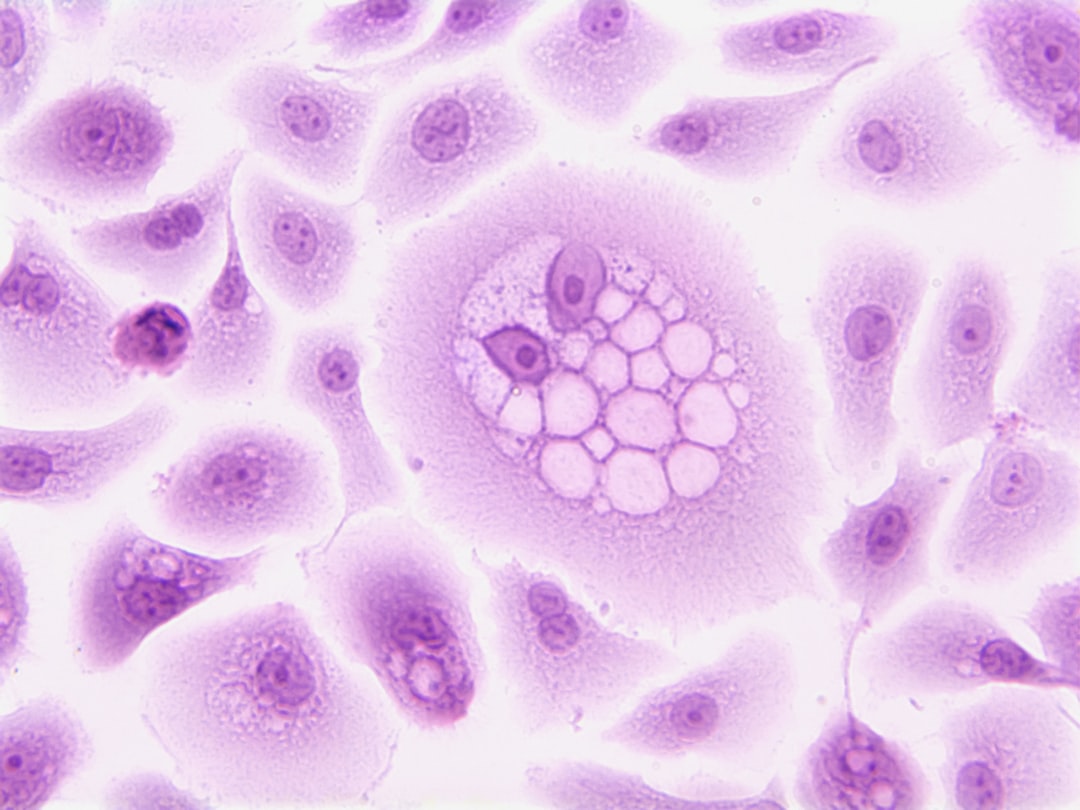What is it about?
Colorectal cancer (CRC) is the third most common malignant tumor and has become a major cause of cancer mortality. According to studies conducted recently; carbonic anhydrase 9 (CAIX) is a particularly attractive target for cancer therapy, in part because it is limited as expressed in normal tissues on the other hand in a variety of solid neoplasms are overexpressed.
Featured Image

Photo by National Cancer Institute on Unsplash
Why is it important?
Despite new methods and drugs to treat colorectal cancer and the good results obtained with them, we still have not scratched the surface of therapeutic anticancer drugs, and there is a wide range of chemicals and natural products that have not yet been studied and tested as anticancer agents. - The sulfonamide derivative (H-4i) is considered a new compound with great anti-cancer potential. - For the first time, the apoptotic, cytotoxic and genotoxic properties of the sulfonamide derivative (H-4i) were investigated in different cell lines at different concentrations. - The original study was performed using a standard assay. Apoptosis and cell cycle induction were measured by flow cytometric analysis, and intracellular free radical induction was performed by reactive oxygen species (ROS) analyses.
Perspectives
Carbonic anhydrase IX (CAIX) is highly expressed in various tumor types, while expression is relatively low in normal tissues. It plays an important role in tumor progression, acidification and metastasis and is located on the extracellular surface of cell membranes, allowing efficient targeting by antibodies or small molecule inhibitors. Therefore, CAIX is an attractive and promising candidate marker for systemic cancer therapy targeting disseminated metastatic disease. Chemotherapy, referred to as anticancer drug therapy, is one of the most important methods to fight cancer, based on the hypothesis that this study has the potential to affect cancer cells, H-4i was used in HT-29 to study the molecular mechanisms of cytotoxic, apoptotic and oxidative stress effects.
Yasin TÜLÜCE
Van Yüzüncü Yıl University
Read the Original
This page is a summary of: The cytotoxic, apoptotic and oxidative effects of carbonic anhydrase IX inhibitor on colorectal cancer cells, Journal of Bioenergetics and Biomembranes, March 2018, Springer Science + Business Media,
DOI: 10.1007/s10863-018-9749-9.
You can read the full text:
Contributors
The following have contributed to this page










